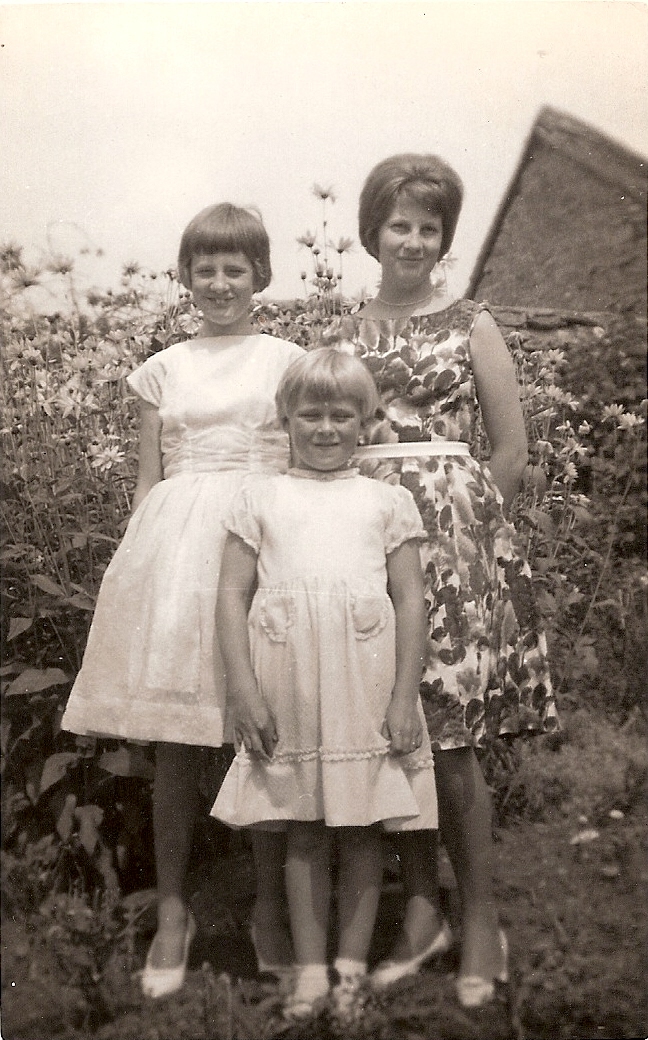TALKS
Our popular WHS Talks are held at the Balsam Centre, Balsam Park BA9 9HB (accessed from Memorial Hall Car Park), usually on the last Wednesday evening of the month.
Doors open 6.30pm with the talk starting at 7pm. Our 9 talks throughout the year range widely, covering local and national topics such as the Roman Villa at the Newt, life of a local vet in 20th century, restoration of Earl of Shaftesbury’s house, the Nuremburg Trials.
A brief round-up of previous talks are available if you click the “Previous Talks” button further down this page.
The programme is being constantly developed so do revisit this site, check out our Instagram or Facebook and look out for our eye-catching posters in various locations around the town advising forthcoming subjects.
Entry Charges (per person):
Members and under 18s: free
Non-members: £10.00
From time to time Special Talks are being booked. The venue for these is the Memorial Hall. Last year we heard from John Blashford-Snell, and enjoyed a live performance of Flamenco dancing. Charges for these talks differ from the standard Talks charge. Keep an eye on this site for details.
Special Talks (per person):
Members: free (donation welcomed)
Non-members: See listing for prices


Gill D’Arcy on “My life in Wincanton”
19 October 2022 @ 19:00 - 21:00
Making the most of things was the big message underpinning Gill D’Arcy’s talk. To find out what life has been like in Wincanton and how it has changed in the years since the end of WW2, the audience settled down to listen to Gill d’Arcy’s presentation of her life and times in her home-town.
Starting at the beginning of the 1950s when the A303 still ran through its heart, but carrying less traffic than nowadays, Gill painted a picture of a thriving market town that provided for all the necessities of life, and plenty to do. Born and bred on Mill Street, a flourishing community in itself, Gill’s earliest memories were of playing in the street or being in and out of her friends’ houses as much as her own. Deciding after an hour on her first day at school that she’d had enough, she simply left and walked home, crossing the main road – no mean feat for a solitary five-year-old and one that would make a parent’s hair curl nowadays. Better days featured a trip to the sweet shop for a pennyworth bag of assorted treats. Childhood was fun and much of it outdoors.
Numerous family and community events took us through the decades, reflected in the many photographs, often “then and now”, with which Gill illustrated her talk. The clothing styles of those days and the changes from youth to senior years brought reactions from the audience, particularly those who knew the people featured. The pram-races and 17-mile walk challenges that were popular fund raisers in those days obviously brought back good memories for many of a warm-hearted and cohesive community.
While early married life took Gill and her husband Richard away to Stalbridge for a few years, trips to Wincanton were frequent, not least during the phased power cuts of 1973-74, when their new home had no power for some hours, but Wincanton did – and they had a new-born.
Gill provided a well-documented trip through the many changes in the shops and employers of the town, reflecting how habits have developed. The list was long and triggered many memories.
With the opening of the by-pass in 1977 the character of the town changed vastly, as it did again when Wincanton Transport and Cow & Gate, the town’s main employers, closed. The several hotels that had thrived closed one by one as people sped by in quicker cars rather than stopped for a break. Folk now travelled further for work and leisure, and the population changed with people moving to live here but work elsewhere or to retire. Jobs and economic activity reduced.
Carnival, of many years’ standing, one of the many on the Wessex circuit, was a popular yearly highlight, with Gill’s daughter being Carnival Queen one year. As Mayor and Mayoress on more than one occasion, Gill and Richard were at the heart of so much that happened in the town for which they obviously have deep affection. Despite the changes wrought by time and society, it is clear they would be nowhere else, as evidenced by Gill’s writings in her published poetry.
